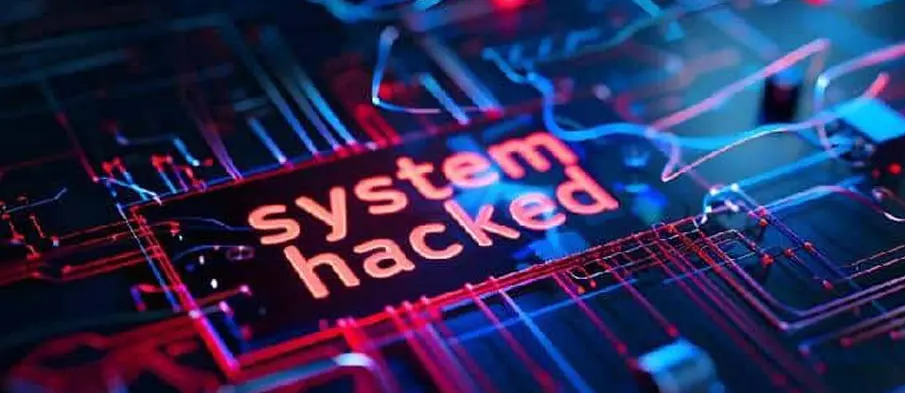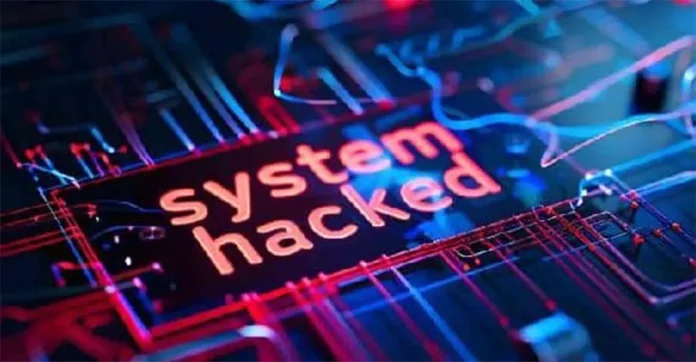
The education sector has become one of the most heavily targeted industries for cybercriminals globally, with Indian institutions emerging as a prime focus. According to Check Point Research (CPR), education and research organisations in India have endured an average of 8,487 cyberattacks per week over the past six months—almost twice the global average of 4,368 incidents per organisation.
The report further highlighted that across other industries in India, organisations typically face around 3,278 weekly attacks, compared to the global benchmark of 1,934. The findings suggest that education, more than any other sector, is grappling with heightened exposure to cyber threats.
A combination of hybrid learning, digitally connected campuses, and the extensive use of personal devices has expanded the attack surface for schools and universities. Many institutions also operate with limited budgets and lack dedicated cybersecurity teams, leaving them highly vulnerable.
The consequences of these attacks are significant and far-reaching. Ransomware incidents have disrupted exams, delayed assessments and, in some cases, forced institutions offline for weeks, CPR noted. A 2023 Sophos study revealed that ransomware payments reached a median of $6.6 million in lower education and $4.4 million in higher education. Yet, recovery remains slow—only 30% of affected institutions managed to restore systems within a week.
In addition to downtime, breaches have led to the theft and sale of personal data, transcripts, and even forged certificates on the dark web. In one extreme case, Illinois-based Lincoln College, a 157-year-old institution, was forced to shut down following a ransomware attack.
Artificial intelligence is amplifying risks. CPR reported the registration of 18,000 education-related domains in July 2025 alone, with one in every 57 identified as malicious. Many of these were AI-generated to impersonate fee portals or exam systems. Attackers are also deploying AI tools to launch deepfake phishing campaigns, steal credentials at scale, and exploit vulnerabilities within minutes.
Sundar Balasubramanian, Managing Director at Check Point Software Technologies for India and South Asia, warned that the sector faces “a surge in AI-powered attacks that not only steal sensitive data but also interrupt learning for millions of students.” He urged the adoption of a prevention-first model using AI-driven defences, hybrid mesh security, and cloud-native protections.
Experts recommend reinforcing multi-factor authentication, increasing phishing awareness, applying timely patches, and conducting cyber awareness training for students, staff, and parents. With digital learning at the heart of modern education, securing institutions is now essential to protect academic integrity and the futures of millions of learners.





